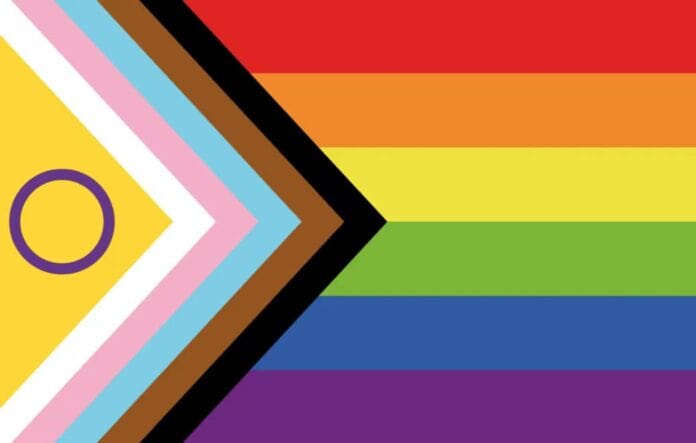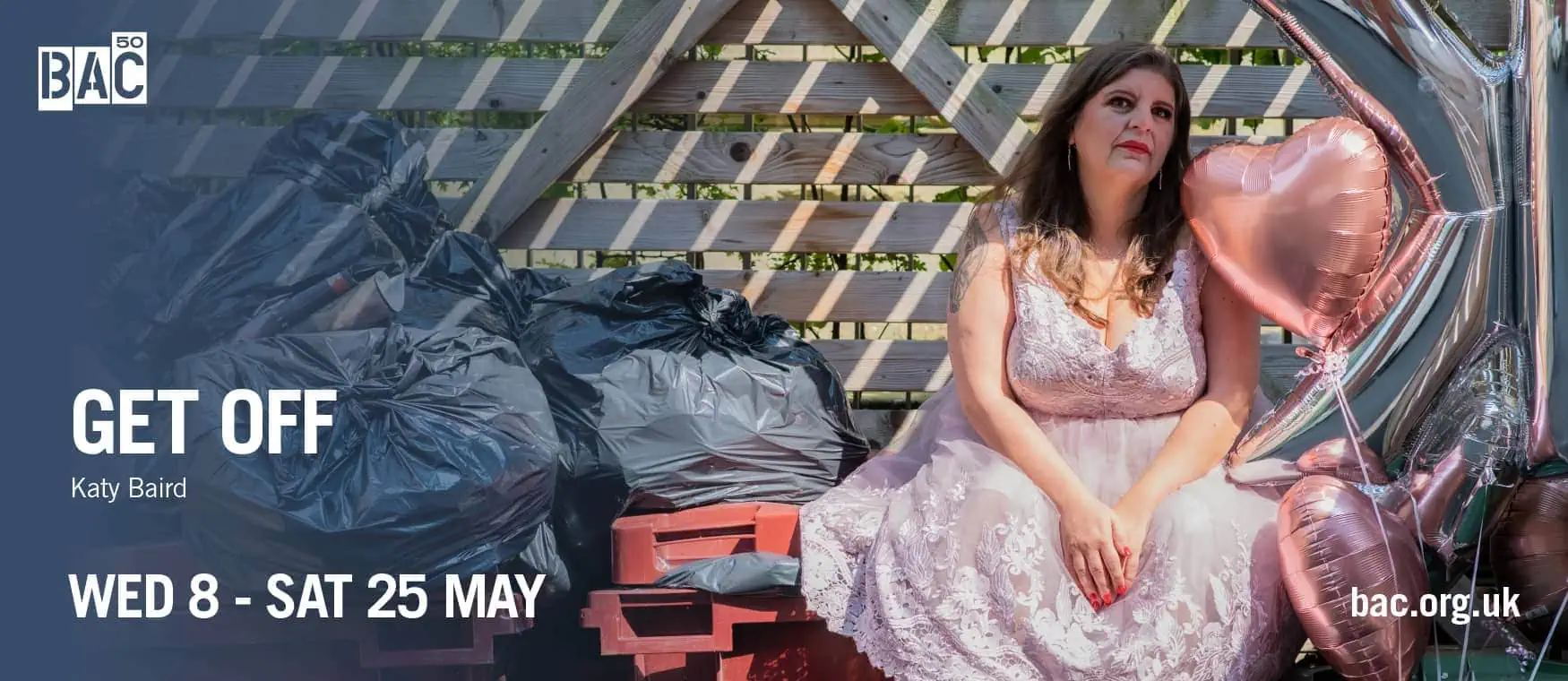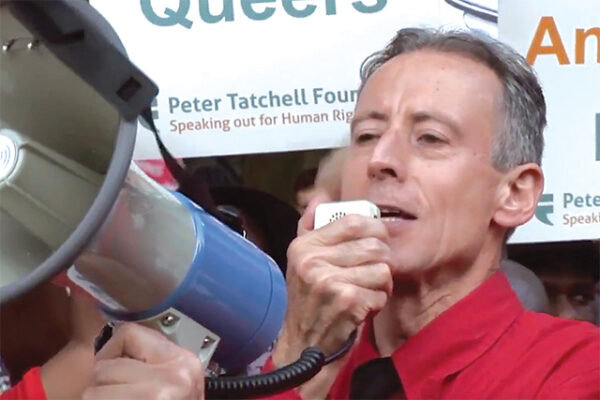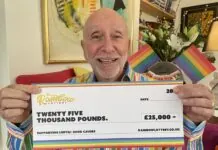You may have heard that David Cameron’s job as Prime Minister is up for grabs. He wants to stay in the role, so we put him in the hot seat to see where he sits on some key LGBT issues. Does he get the job? You decide on 7th May.
Earlier this year Ivan Massow said that many gay men are Conservative in their beliefs without realising it in terms of their opinions on such things as entrepreneurship and home ownership. What are the core values of the Conservatives as you see them?
To me, the central values of Conservatism are freedom, aspiration and love of our country. Conservatives believe that if you give people freedom and responsibility, they will grow stronger and society will grow stronger. Our country is made great not through the action of government alone, but through the flair, ingenuity and hard work of the British people.
Aspiration is central to this because we believe in helping everyone achieve their potential and get on in life, regardless of background. We believe that those who work hard and do the right thing should be rewarded, and the weakest and most vulnerable should be looked after. This is why at this General Election I am offering a clear economic plan for a brighter, more secure future for all.
So, yes, we are the party of entrepreneurship and home ownership and much more besides – this is what our long-term economic plan, with the help we’re giving to first-time buyers, is all about: giving people security at every stage of their life.
Conservatives also love our country: its people, history, and role in the world. We understand and are proud of what we are – which means celebrating our rich diversity and being open and respectful of each other, whatever race, sexual orientation or background.
“We believe that those who work hard and do the right thing should be rewarded, and the weakest and most vulnerable should be looked after.”
What role will a Conservative government play in combating the human rights abuses suffered by LGBT people in other Commonwealth countries?
I think this is really important. Through the measures we’ve taken here, the UK is leading the way globally on LGBT rights, and we should use that experience to encourage others to follow our lead. In the Commonwealth, we’ve acted to raise the profile of LGBT issues, including the signing of a new Charter in 2013 which commits member countries to ‘equality and respect…for all without discrimination on any grounds’. Obviously, there is still much work to do to make that a reality, but I raise these issues with Commonwealth leaders at every opportunity, as do ministers across government, and we will continue to do so.
In practical terms, through our overseas aid programme we are supporting LGBT activists on the ground lobbying for improvements in their own countries, and working with organisations like the Human Dignity Trust, Stonewall and Kaleidoscope to support their efforts to tackle homophobia and transphobia worldwide.
An NSPCC ChildLine survey has concluded that a tenth of 12 to 13-year-olds fear they are “addicted” to pornography, one in five had seen pornographic images that had shocked or upset them, and that 12% of those surveyed said they had taken part in, or had made, a sexually explicit video. With the Education Committee overwhelmingly in favour of statutory relationship & sex education in all English schools that is LGBT inclusive, isn’t it time this was made law?
Those figures from the NSPCC show this is a real problem, and it is currently too easy for children to access adult content on websites without restriction. That’s why we have announced plans for more effective controls to stop children accessing inappropriate and damaging material. We will require online pornography distributors to put in place effective age verification controls (such as the need to enter credit card details) to stop children accessing material, and we’ll ensure an independent regulator has the powers it needs to enforce this, with the ability to block websites of those distributors who refuse to comply
I do also agree that Personal, Social and Health Education (PSHE), and education generally, should prepare pupils for life in modern Britain, which includes LGBT relationships. It should promote our core British values of tolerance and respect, and recognise that those values apply to everyone. But rather than focusing on making the subject statutory, which I think could lead to it just becoming a tick box exercise, we’ve taken steps to improve the quality of PSHE teaching with a new charter mark for schools that teach it well, so other schools can learn from their example.
A disturbingly high 24% of young homeless people identify as LGBT. How will you address this issue?
We take the issue of homelessness very seriously. The measures we’ve already taken through prevention services in local authorities have had an effect, with overall homelessness now around half what it was under the last Labour government. But of course I recognise that young LGBT people can face particular problems. That’s why it’s so important that we work with charities and voluntary organisations, like the Albert Kennedy Trust, which has a long record of expertise on this issue. We have also changed the law to allow councils to work with those groups to help single homeless people find a place to live in the private rented sector. We’ve given funding for that, providing Crisis with £13 million to help homeless single people find stable accommodation, which has helped over 9,300 people since 2010.
What are your thoughts related to introducing other passport options on passports other than Male or Female (such as in Australia with the option of ‘X’) for those that identify as Transgender or Intersex?
I understand the concerns of people who want to have their gender recorded differently on their passport, but this is a complex issue, particularly given the risk that people might encounter difficulties with entry restrictions into other countries. We would want to consider these issues carefully, and study the experience of those countries which have done it before making any proposals for change.
If you could have only one as your ‘Minister for Music’ who would it be and why: Madonna, Kylie, Beyonce or Britney?
I’d prefer a great British artist, perhaps someone like Adele or Sam Smith? But I noticed that Madonna recently posted a picture of Margaret Thatcher, and she did sing ‘True Blue’…











